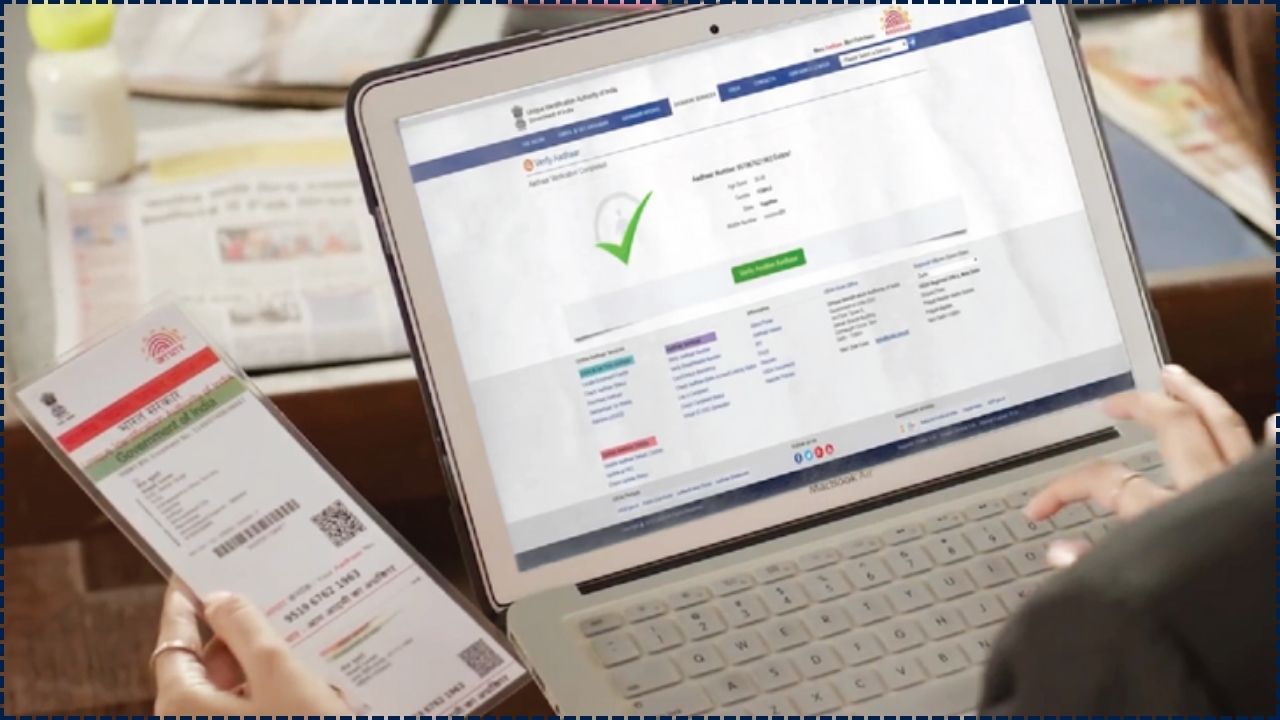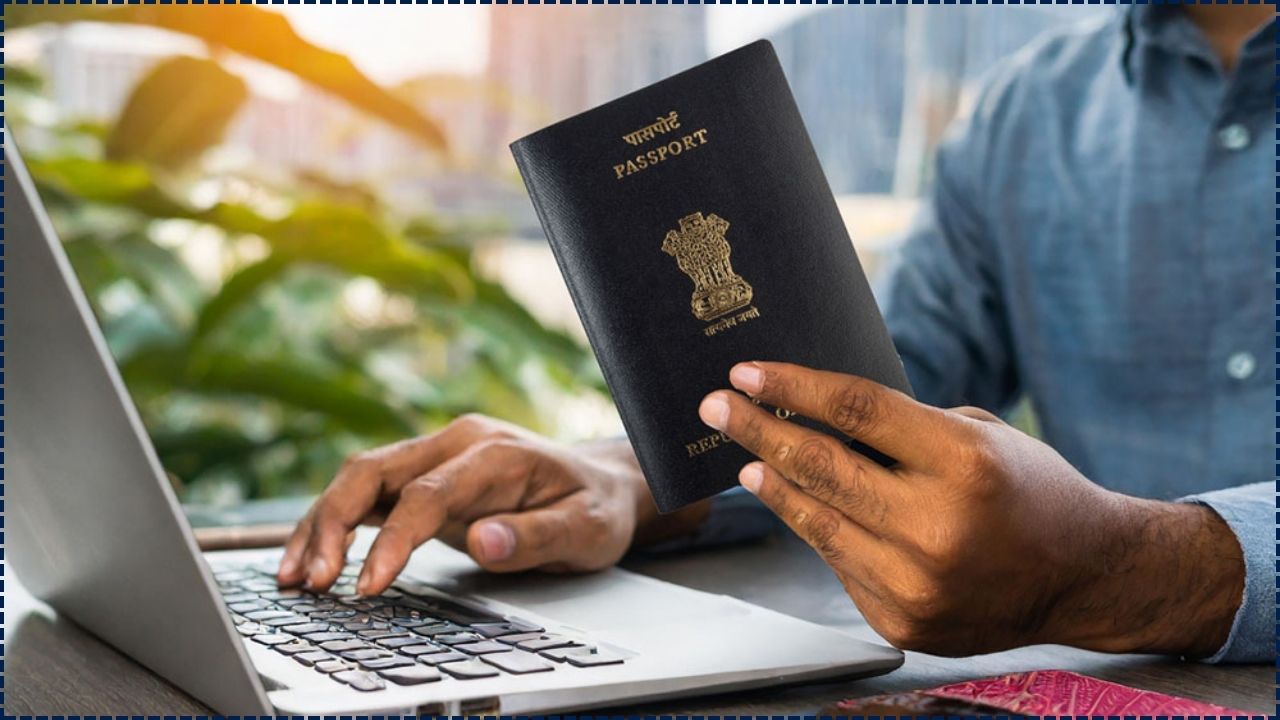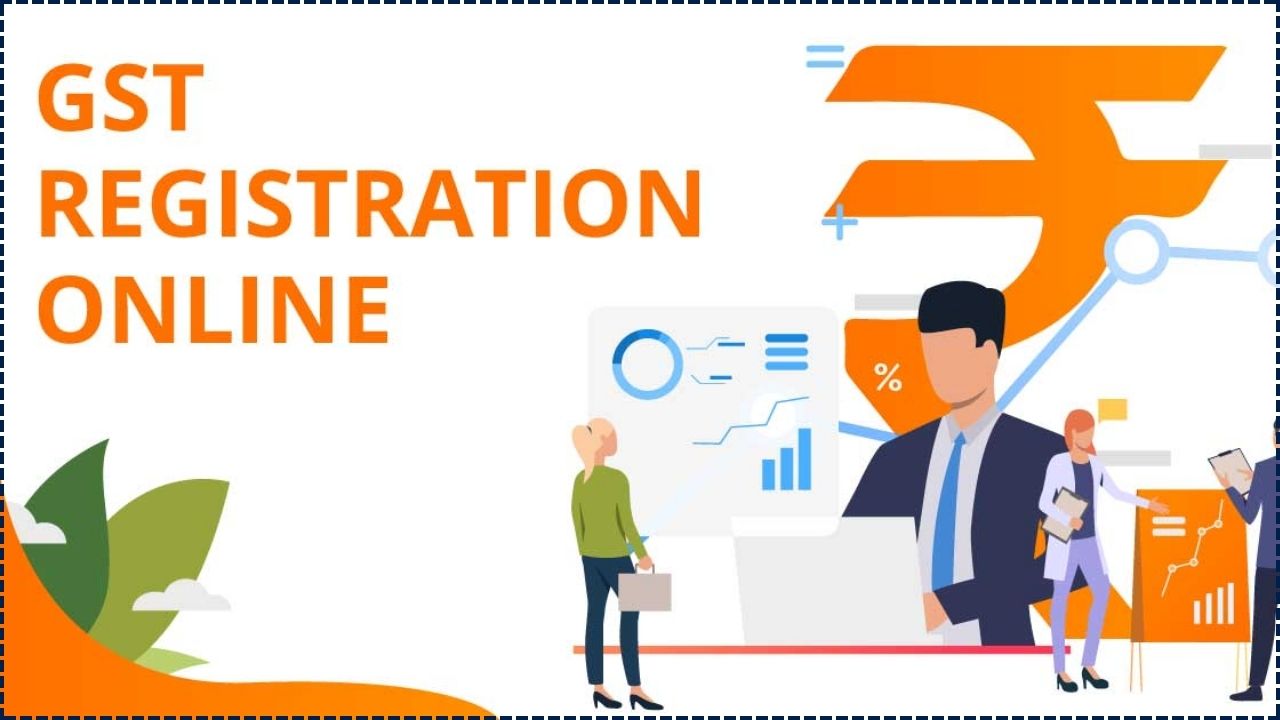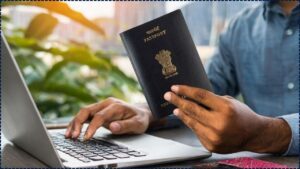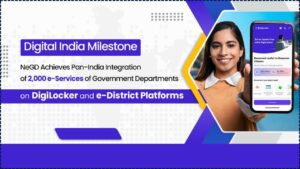India’s Digital Voter ID Card (e-EPIC) embodies a compassionate leap toward inclusive democracy, empowering every citizen, especially those from marginalized and underserved communities, with a secure, portable, and easily accessible tool that strengthens their ability to participate in the democratic process with dignity and ease.
By enabling a streamlined online application process in just a few simple steps, provided voter details are updated, the Election Commission fosters trust and inclusion, ensuring that every voice is heard in shaping the nation’s future.
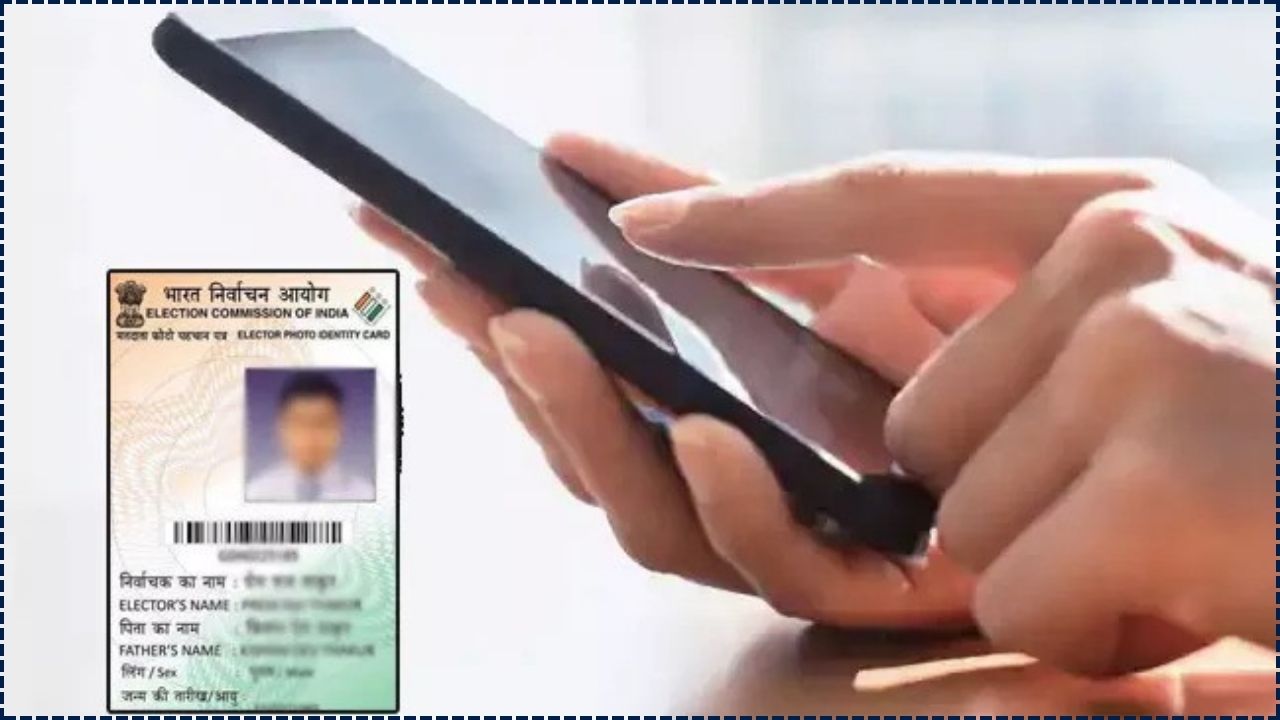
This transformative initiative unites citizens, electoral authorities, and communities in a shared mission to create an equitable, transparent digital framework that upholds the right to vote, nurturing hope and empowering every individual to contribute to a vibrant, inclusive India.
Indian citizens can now obtain a Digital Voter ID Card, also called the e-EPIC (Electronic Electoral Photo Identity Card), through an online process launched by the Election Commission of India (ECI). This initiative aims to make voter identification more accessible, secure, and portable. The process involves verifying voter details and downloading the digital card via official government portals.
What Is the Digital Voter ID Card?
The Digital Voter ID Card (e-EPIC) is a digitally signed PDF version of the traditional voter identity card. It can be stored on smartphones, downloaded on computers, or printed when needed. The card carries the same legal validity as the physical EPIC and features a QR code for authentication. According to the Election Commission, the move supports the government’s broader push towards digital governance and convenience for citizens.
Eligibility for e-EPIC
- Applicants must be registered voters in India with an existing EPIC number.
- A registered mobile number must be linked to the voter record to enable OTP verification.
- New applicants who have submitted Form 6 for fresh voter registration can also access the e-EPIC once their application is approved.
Process to Apply for a Digital Voter ID Card
1. Visit the Official Portal
Citizens should log in to the National Voters’ Service Portal (NVSP) or the Voter Services Portal operated by the Election Commission of India.
2. Register or Log In
New users must create an account using their mobile number and email ID. Existing users can sign in with their credentials.
3. Verify Voter Details
Check that the voter’s EPIC number, name, address, and constituency details are accurate. If the mobile number is not updated, it must be corrected before proceeding.
4. Access the Download Section
Select the “Download e-EPIC” option available on the portal dashboard.
5. Provide Required Information
Enter either the EPIC number or the Form Reference Number (if newly registered). Select the state or constituency when prompted.
6. Complete OTP Verification
A one-time password (OTP) is sent to the registered mobile number. Enter this OTP to confirm identity.
7. Download the e-EPIC
Once verified, the digital voter ID can be downloaded as a PDF file. Citizens may print it on a PVC card or store it digitally on their devices.
Related Links
Download Your Driving License Online from DigiLocker in Minutes: Check Process
How to Apply for an Income Certificate Online in India: A Step-by-step Guide
How to Apply for a Caste Certificate Online Through State Portals
What Documents Are Required?
- EPIC number or Form Reference Number
- Registered mobile number for OTP verification
- Proof of identity and address (only if applying for new registration through Form 6)
Tracking the Status of Applications
Applicants can track the status of their voter ID or e-EPIC download request:
- NVSP Portal: Track via EPIC or reference number.
- Voter Helpline App: A mobile application offering real-time updates, polling booth details, and grievance redressal.
Benefits and Challenges
Experts say the digital voter ID enhances security and reduces dependency on physical cards, which are often lost or damaged. “The e-EPIC ensures portability and adds a layer of digital verification,” said a senior official from the ECI.
However, challenges remain. Many voters, particularly in rural areas, may face difficulties due to limited internet access or outdated mobile numbers not linked with their electoral records. The Commission advises voters to update their details well in advance to avoid delays.



